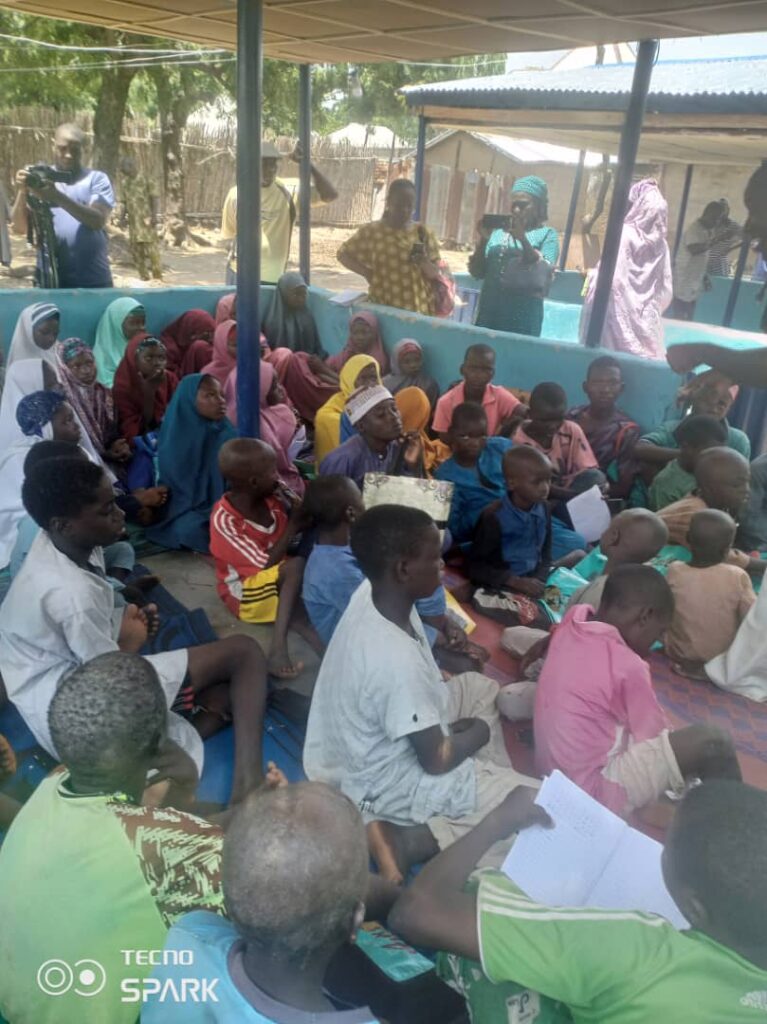As the Global Partnership for Education (GPE) sponsored programmes implemented by the Adamawa State Government in collaboration with the United Nations Children’s Fund (UNICEF) wind down, no fewer than 60 learning centres have been established, strategically spread across different communities in the Lamede Local Government Area of the State.
These centres are currently serving over 2,500 out-of-school children (amjariris) with a minimum of 45 children per centre, bridging the educational gap as well as stressing the need for sustained community involvement to consolidate the gains and objectives.
The Education Specialist, UNICEF Bauchi Field Office, Abdul Rahman Ado, described the intervention as “Impactful, stressing that it has transformed the lives of thousands of children previously excluded from formal learning opportunities.
According to Abdulraman Ado, before the project, many of these children did not even know the alphabet or basic numeracy, but today, they can read, write, and even express themselves, courtesy of the initiative and the structures put in place, as well as benefiting from hygiene, social behaviour, and positive adaptation.
He explained that now, ” our target was for 7,600, but today we have drastically reduced the number of out-of-school children in the state to at least 12,000 of them from the streets.
Abdulraman Ado further explained that the initiative also invested in training community-based facilitators who conduct lessons at least three times a week.
“This approach ensured that teachers were not outsiders but members of the communities themselves, a model that has proved critical for ownership and sustainability,” he added.
According to the Education Specialist of UNICEF, despite achievements, the programme has grappled with significant challenges, which include poverty, which often compels parents to prioritise survival over education.
“Caregivers frequently complain of hunger. Some send their children to hawk or assist on farms during the rainy season instead of attending classes.
“These economic realities sometimes affect attendance, but UNICEF and local facilitators have addressed this by conducting community sensitisation campaigns.
Religious and traditional leaders have also been instrumental, encouraging parents during gatherings and prayers to send their children to school.
However, as the GPE project nears its end, concerns about sustaining the project become a fundamental issue. The Education Specialist assured that embedding ownership within the community was a deliberate strategy to ensure sustainability in all ramifications.
Also speaking, the Commissioner for Education, Dr Umar Pella, while appreciating the immense contributions from UNICEF, noted that plans are also underway to transition learners from non-formal centres into the formal school system.
Represented by the Permanent Secretary in the Ministry, it is assured that the initiative would be sustained if UNICEF winds up their mandate, hence discussions with education secretaries, area officers, and community leaders are ongoing to facilitate the integration.















